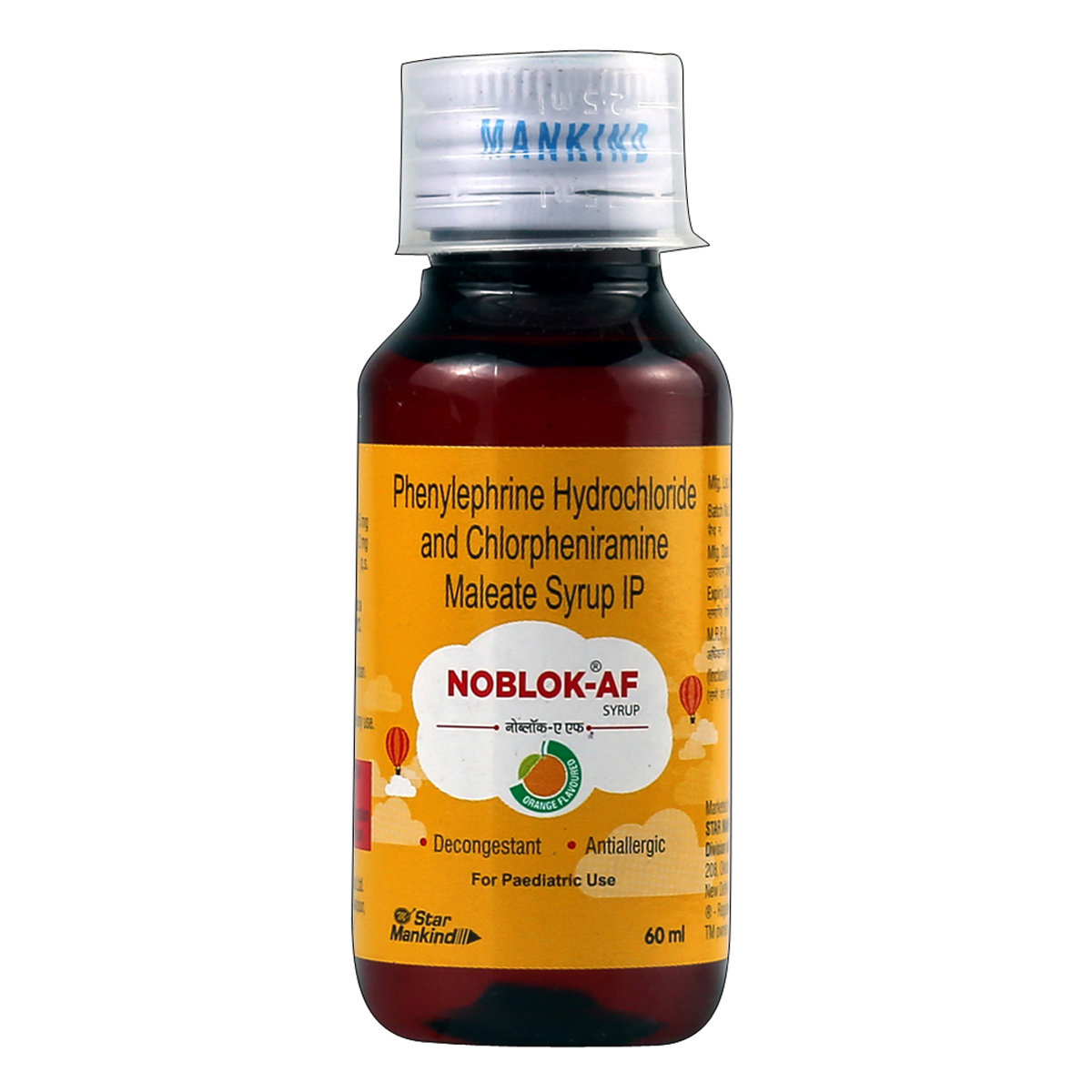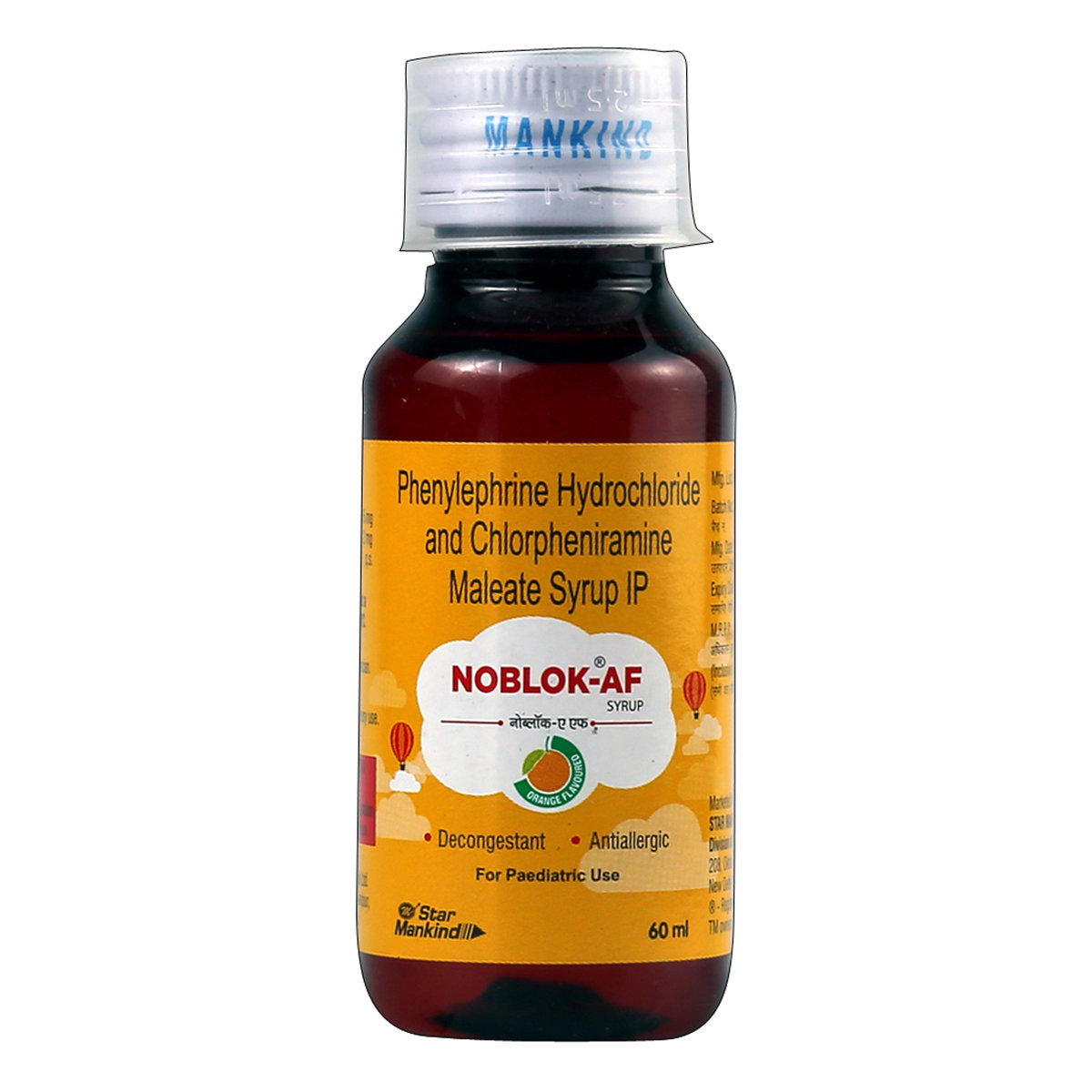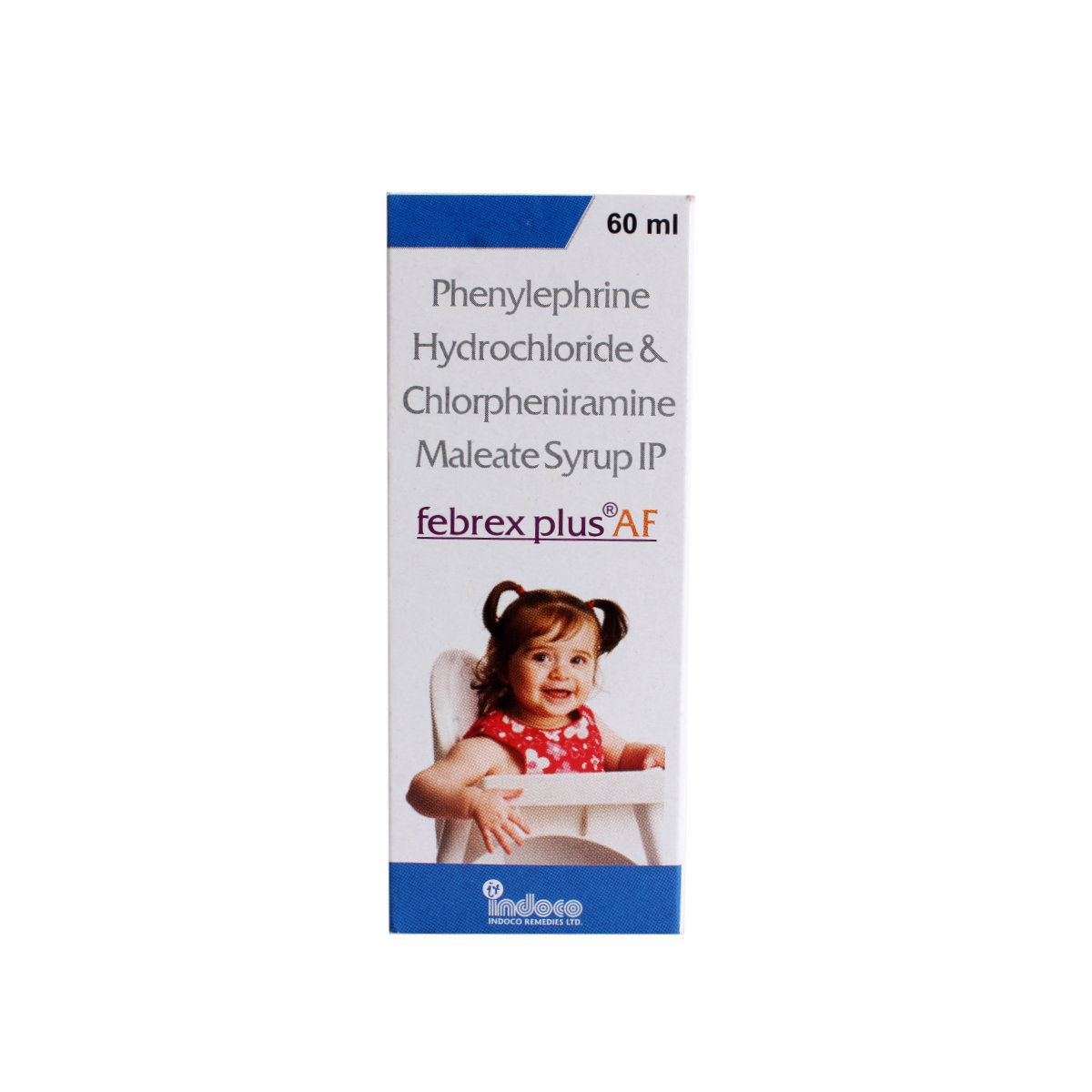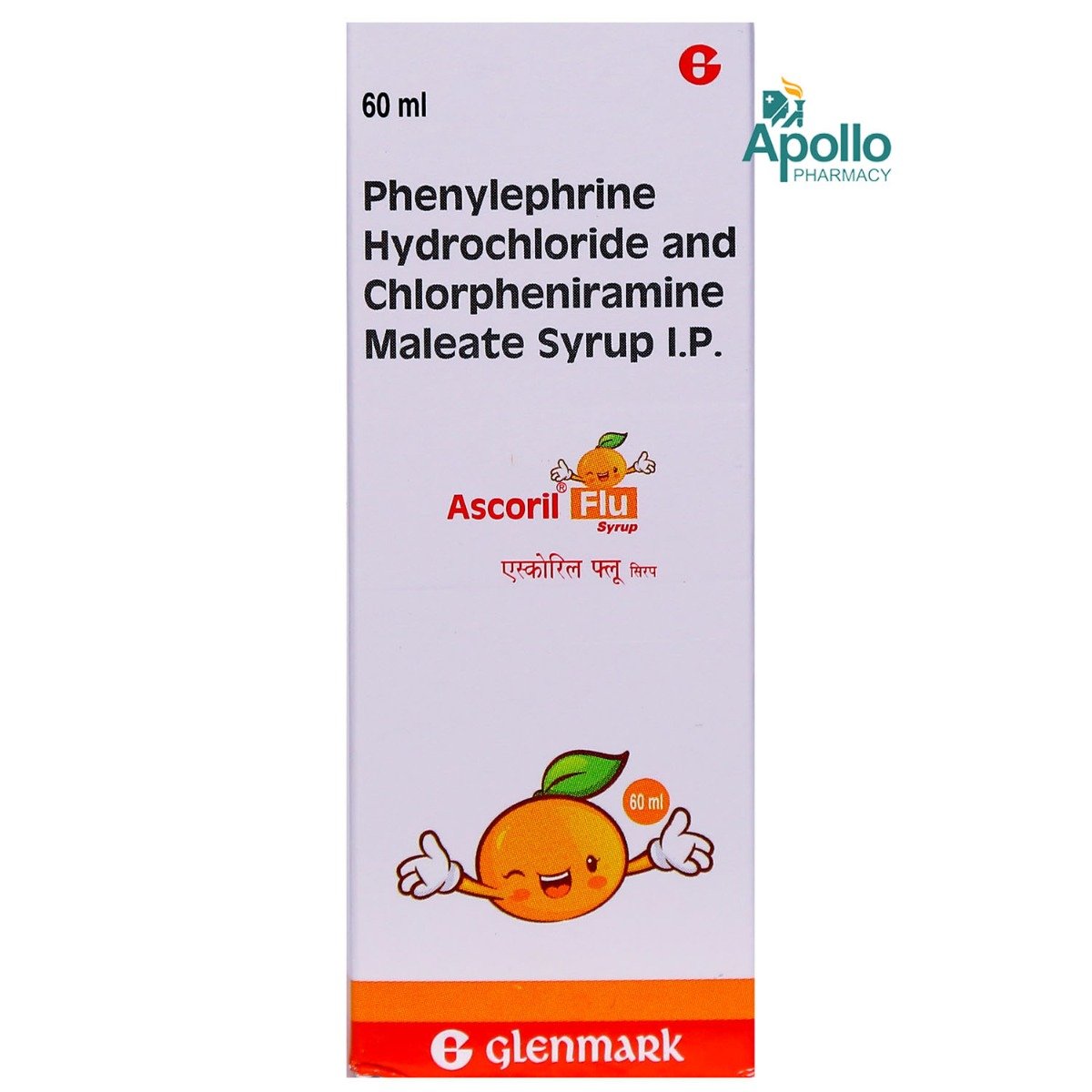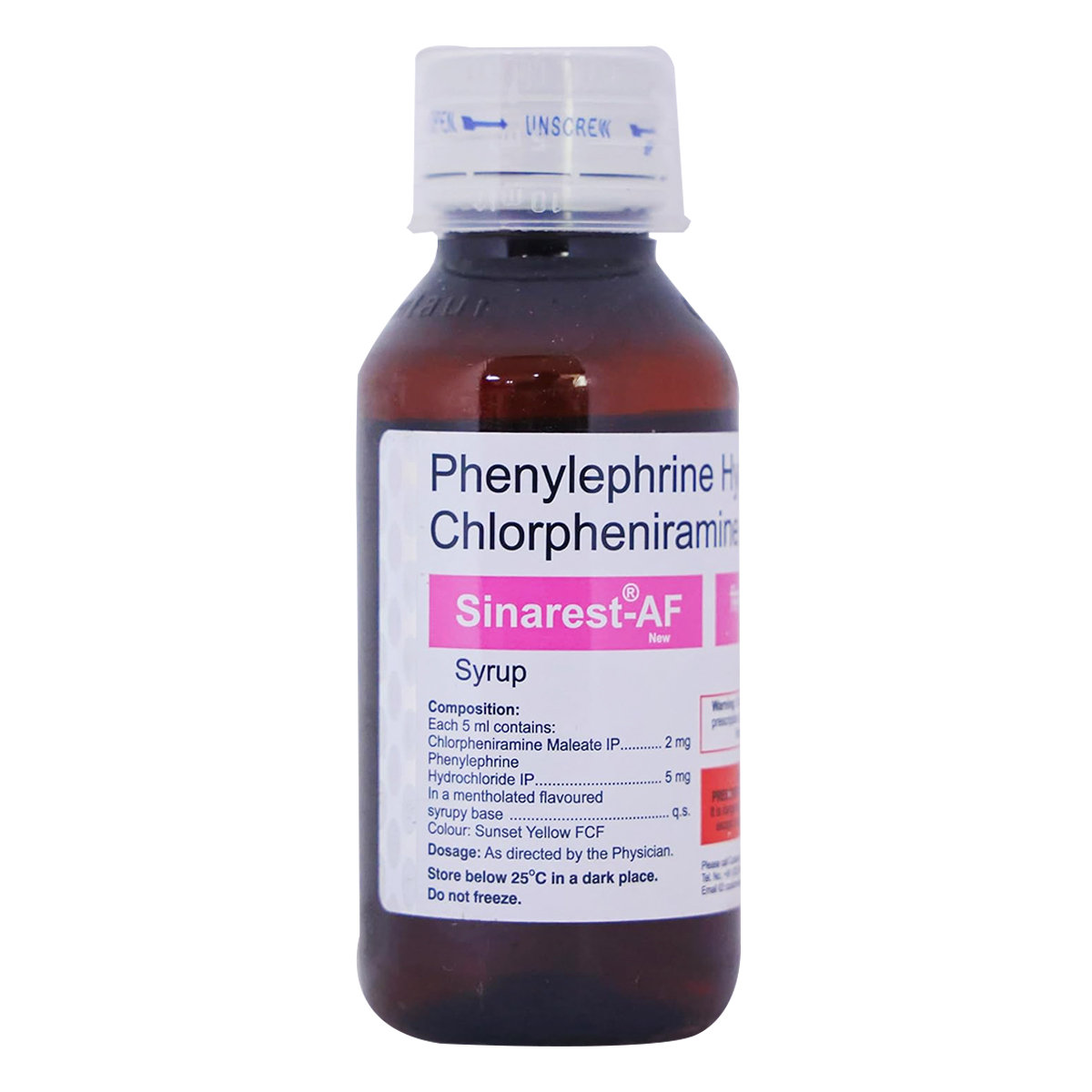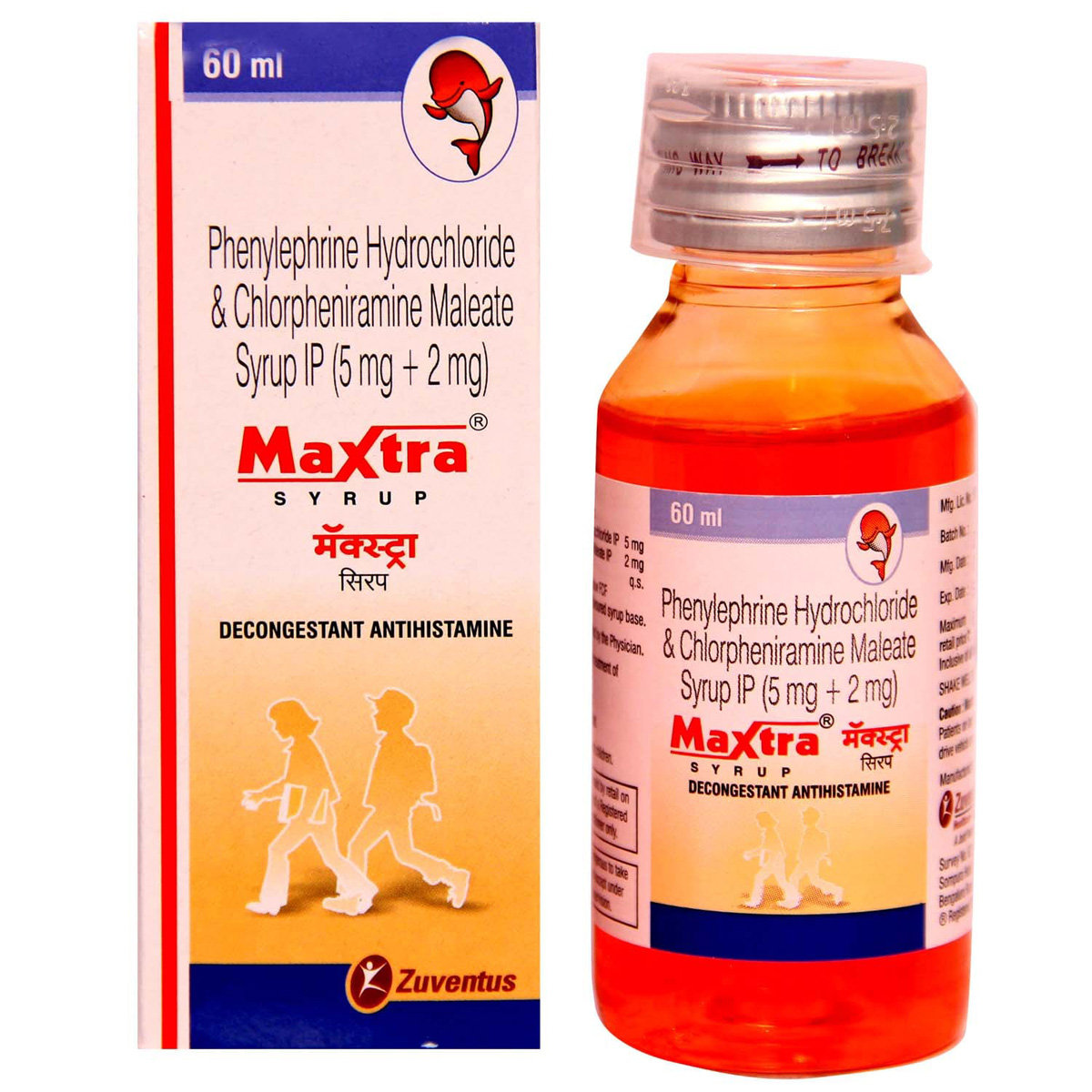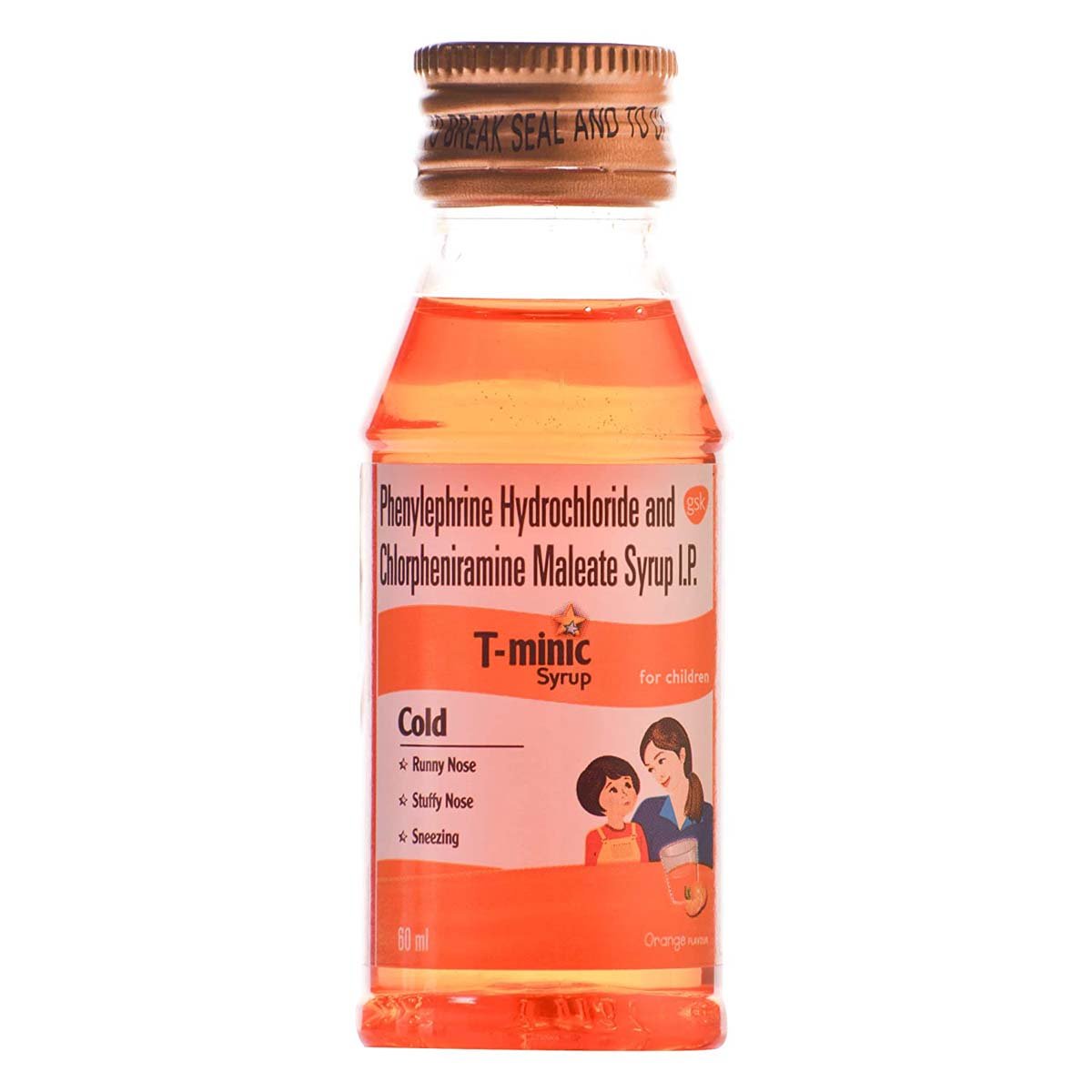Clyora Syrup 100 ml
MRP ₹91.5
(Inclusive of all Taxes)
₹13.7 Cashback (15%)
Provide Delivery Location
Online payment accepted
 Prescription drug
Prescription drugWhats That
Composition :
Manufacturer/Marketer :
Consume Type :
Expires on or after :
Return Policy :
About Clyora Syrup
Clyora Syrup belongs to the combination medication called 'anti-allergics' primarily used to treat symptoms caused by the common cold, flu, allergies and other breathing problems like sinusitis and bronchitis. An allergy is an immune system response to foreign elements typically not harmful to your body. These foreign elements are known as 'allergens.' Allergic condition varies from person to person. Some might be allergic to certain foods and seasonal allergies like hay fever. At the same time, others might be allergic to pollen or pet dander.
Clyora Syrup contains Chlorpheniramine and Phenylephrine. Chlorpheniramine is an antiallergic which relieves allergy symptoms like runny nose, watery eyes and sneezing. Phenylephrine is a decongestant that narrows the small blood vessels, relieving the nose's congestion or stuffiness. Together, Clyora Syrup effectively reduces allergic symptoms.
Clyora Syrup can be taken with or without food in a dose and duration as advised by the doctor. The most common side effects of Clyora Syrup are drowsiness, dizziness, headache, dry mouth/nose/throat, upset stomach, constipation, or trouble sleeping. Most of these side effects of Clyora Syrup do not require medical attention and gradually resolve over time. however, if the side effects are persistent, reach out to your doctor.
Do not stop taking Clyora Syrup even if you feel better without asking your doctor, as your symptoms may come back and may even worsen your condition. Inform your doctor about all other medications you have been taking before starting Clyora Syrup . Please tell your doctor before starting Clyora Syrup if you have a liver problem, are pregnant, or breastfeeding. Clyora Syrup may cause drowsiness and sleepiness, so it is advised not to drive a car or operate machinery. Consumption of alcohol should be avoided as it may lead to excessive drowsiness and sleepiness. Do not take Clyora Syrup with any MAO inhibitor (anti-depressant medication) as it may lead to serious drug interaction.
Uses of Clyora Syrup
Directions for Use
Key Benefits
Clyora Syrup is primarily used to treat common cold symptoms. It is a combination drug containing Chlorpheniramine (antihistamine/antiallergic) and phenylephrine (decongestant), primarily used to treat common cold symptoms like runny nose, congestion, watery eyes, and sneezing. Chlorpheniramine is an anti-histaminemine that blocks histamine in the body, which is known to cause common cold symptoms. Phenylephrine helps shrink the blood vessels in the nasal passage, reducing a stuffy nose. Together, both of them effectively reduce allergic and cold symptoms.
Storage
Drug Warnings
Do not take Clyora Syrup if you are allergic to histamines, Clyora Syrup , or any of its ingredients. Please inform your doctor if you are pregnant or breastfeeding before starting Clyora Syrup . If you have or have ever had cardiovascular disease, asthma, kidney or liver disease, diabetes, glaucoma, chronic obstructive pulmonary disease, or benign prostatic hyperplasia, please do not take the Clyora Syrup as it is known to interact. Also, inform your doctor about all other medications you have taken before starting Clyora Syrup . Do not stop taking Clyora Syrup even if you feel better without asking your doctor, as your symptoms may come back and may even worsen your condition. Clyora Syrup may cause drowsiness and sleepiness, so it is advised not to drive a car or operate machinery. Consumption of alcohol should be avoided as it may lead to excessive drowsiness and sleepiness. If you need to undergo surgery, please inform your doctor that you are taking Clyora Syrup , as it should not be taken during surgery. Do not take Clyora Syrup if you have taken any MAO inhibitor (anti-depressant medication) in the past 14 days.
Drug-Drug Interactions
Drug-Drug Interactions
Login/Sign Up
Taking Clyora Syrup 100 ml with Propofol may lead to increased levels of Clyora Syrup 100 ml leading to side effects like high blood pressure.
How to manage the interaction:
Taking Clyora Syrup 100 ml with Propofol is not recommended, but it can be taken if prescribed by the doctor. Do not discontinue the medications without consulting a doctor.
Taking Furazolidone with Clyora Syrup 100 ml can cause an increase in high blood pressure.
How to manage the interaction:
Taking Furazolidone with Clyora Syrup 100 ml is not recommended, it can be taken if prescribed by the doctor. However, if you experience sudden and severe headache, blurred vision, confusion, seizures, chest pain, nausea or vomiting, sweating, lightheadedness, fainting, sudden numbness or weakness (especially on one side of the body), speech difficulties, fever, consult the doctor immediately. It is advised to use Clyora Syrup 100 ml only after 14 days of stopping Furazolidone.
Co-administration of Clyora Syrup 100 ml with Sevoflurane can increase the levels of Clyora Syrup 100 ml and lead to side effects.
How to manage the interaction:
Taking Clyora Syrup 100 ml with Sevoflurane is not recommended, it can be taken if prescribed by the doctor. Do not discontinue the medications without consulting a doctor.
Taking Tranylcypromine with Clyora Syrup 100 ml can increase the risk of high blood pressure.
How to manage the interaction:
Taking Tranylcypromine with Clyora Syrup 100 ml is not recommended, but can be taken together if prescribed by a doctor. However, consult a doctor if you experience severe headache, blurred vision, confusion, seizures, chest pain, nausea or vomiting, sudden numbness or weakness (especially on one side of the body), speech difficulties, fever, sweating, lightheadedness, and fainting Do not discontinue any medications without consulting a doctor.
Co-administration of Selegiline with Clyora Syrup 100 ml together can raise blood pressure.
How to manage the interaction:
Taking Selegiline with Clyora Syrup 100 ml is not recommended, it can be taken together if prescribed by a doctor. However, consult a doctor immediately if you experience any symptoms such as severe headache, blurred vision, confusion, fits, chest pain, nausea or vomiting, sudden numbness or weakness (especially on one side of the body), speech difficulties, fever, sweating, lightheadedness, and/or fainting Do not discontinue any medications without consulting a doctor.
Taking Flibanserin with Clyora Syrup 100 ml may significantly increases the blood levels of flibanserin
How to manage the interaction:
Taking Clyora Syrup 100 ml with Flibanserin is not recommended, but can be taken together if prescribed by a doctor. However, consult your doctor if you experience dizziness, lightheadedness, and fainting. Do not discontinue any medication without consulting a doctor.
Taking lomitapide with Clyora Syrup 100 ml can significantly increase the blood levels of lomitapide.
How to manage the interaction:
Taking Clyora Syrup 100 ml with Lomitapide is not recommended, but can be taken together if prescribed by a doctor. However, consult your doctor if you experience fever, chills, joint pain or swelling, unusual bleeding or bruising, skin rash, itching, loss of hunger, weakness, nausea, vomiting, dark colored urine, light colored stools, and yellowing of the skin or eyes. Do not discontinue any medications without consulting a doctor.
Taking Clyora Syrup 100 ml with triazolam can increased the effects of Clyora Syrup 100 ml.
How to manage the interaction:
Taking Triazolam with Clyora Syrup 100 ml is not recommended, but can be taken together if prescribed by a doctor. In case you experience any unusual symptoms, consult a doctor. However, if you experience any unusual symptoms contact your doctor. Do not discontinue any medications without consulting a doctor.
Co-administration of Topiramate can cause increased body temperature and decreased sweating, and these effects may be worsened when combined with medications like Clyora Syrup 100 ml.
How to manage the interaction:
Although there is a possible interaction between Clyora Syrup 100 ml and Topiramate, you can take these medicines together if prescribed by your doctor. However, if you experience any unusual symptoms, consult the doctor. Do not discontinue any medications without consulting a doctor.
Co-administration of Clyora Syrup 100 ml with Halothane may increase the risk of an irregular heart rhythm.
How to manage the interaction:
Although taking Clyora Syrup 100 ml with Halothane together can result in an interaction, it can be taken if a doctor has prescribed it. However, if you experience any symptoms like lightheadedness, fainting, irregular heart beat, dizziness, consult the doctor. Do not discontinue any medications without a doctor's advice.
Drug-Food Interactions
Drug-Food Interactions
Login/Sign Up
Diet & Lifestyle Advise
- Staying hydrated is vital for those with a cough or cold. Drinking liquids at room temperature can alleviate cough, runny nose, and sneezing.
- The immune system is affected by stress and raises the risk of being sick. An individual can exercise regularly, meditate, do deep breathing, and try progressive muscle relaxation techniques to relieve stress.
- Try to sleep at least 8 hours each night to stay fit and safe.
- It is advised to avoid contact with known allergens (allergy-causing agents) such as pollen, dust, etc. Certain food items are known to cause allergies to you.
- Maintain personal hygiene and keep your surroundings clean.
Side Effects of Clyora Syrup
- Drowsiness
- Dizziness
- Headache
- Dry mouth/nose/throat
- Upset of stomach
- Constipation
- Trouble in sleeping
Habit Forming
Therapeutic Class
All Substitutes & Brand Comparisons
RX
Zedex-AF Syrup 60 ml
Dr Reddy's Laboratories Ltd
₹70
(₹1.05/ 1ml)
28% COSTLIERRX
Noblok AF Orange Syrup 60 ml
Mankind Pharma Pvt Ltd
₹71.5
(₹1.07/ 1ml)
30% COSTLIERRX
Noblok AF Syrup 60 ml
Mankind Pharma Pvt Ltd
₹71.5
(₹1.07/ 1ml)
30% COSTLIER
Drug-Diseases Interactions
Drug-Diseases Interactions
Login/Sign Up
FAQs
Drug-Drug Interactions Checker List
- CETIRIZINE
- FLUTICASONE
- DIPHENHYDRAMINE
- ASPIRIN
- DEXTROMETHORPHAN
- ATORVASTATIN
- ALBUTEROL
- PANTOPRAZOLE
- ISOCARBOXAZID
- RASAGILINE
- LINEZOLID
- TRANYLCYPROMINE
Special Advise
- It is advised to avoid contact with known allergens (allergy-causing agents) such as pollen, dust, etc. It might help reduce the severity of your symptoms.
- Clyora Syrup may interfere with certain lab tests like brain scans for Parkinson's disease and urine drug screening tests. So before undergoing these tests, please let the doctor know that you are taking Clyora Syrup .
Disease/Condition Glossary
Common cold: The common cold is an infection caused by viruses, mainly 'rhinovirus', affecting your nose and throat (upper respiratory tract). Children younger than six years of age are at the most significant risk of colds, but healthy adults can also be affected to have 2-3 colds annually. In most cases, cold symptoms are recovered within a week or ten days. However, symptoms might last longer in people who smoke or are exposed to allergens like dust, pollutants, etc. Symptoms of a common cold might include a stuffy or runny nose, sore throat, cough, congestion, mild body pain or a mild headache, sneezing, low-grade fever, and feeling unwell (malaise). In some cases, the discharge from your nose may become thicker and yellow or green, which does not indicate a bacterial infection. If you observe these symptoms, immediately contact your doctor.
Allergy is an immune system response to foreign elements typically not harmful to your body. These foreign elements are known as 'allergens.' Allergic condition varies from person to person. Some might be allergic to certain foods and seasonal allergies like hay fever. At the same time, others might be allergic to pollen or pet dander. Clyora Syrup is a non-drowsy antihistamine, making it less likely to make you feel sleepy than other antihistamines or antiallergics.

Have a query?
Alcohol
Safe if prescribed
Clyora Syrup may cause excessive dizziness when taken with alcohol so, together intake should be avoided.
Pregnancy
Consult your doctor
Clyora Syrup contains a combination of two different drugs. Chlorpheniramine being a class B pregnancy drug and phenylephrine being a class C. So, it should be used with caution
Breast Feeding
Consult your doctor
Clyora Syrup should only be given to breastfeeding women if benefits outweigh the harm it will cause to the baby.
Driving
Safe if prescribed
Clyora Syrup is known to cause drowsiness and sleepiness. So, driving after consuming Clyora Syrup should not be done.
Liver
Consult your doctor
Clyora Syrup to be taken with caution, especially if you have a history of liver disease. The dose may have to be adjusted by your doctor.
Kidney
Consult your doctor
Clyora Syrup to be taken with caution, especially if you have a history of kidney disease. The dose may have to be adjusted by your doctor.
Children
Safe if prescribed
Clyora Syrup is not recommended for children below the age of 4 years. For children aged above 4 years, use Clyora Syrup only when prescribed by a child specialist. And also, take it in dose as prescribed as any dose alteration can prove fatal.




